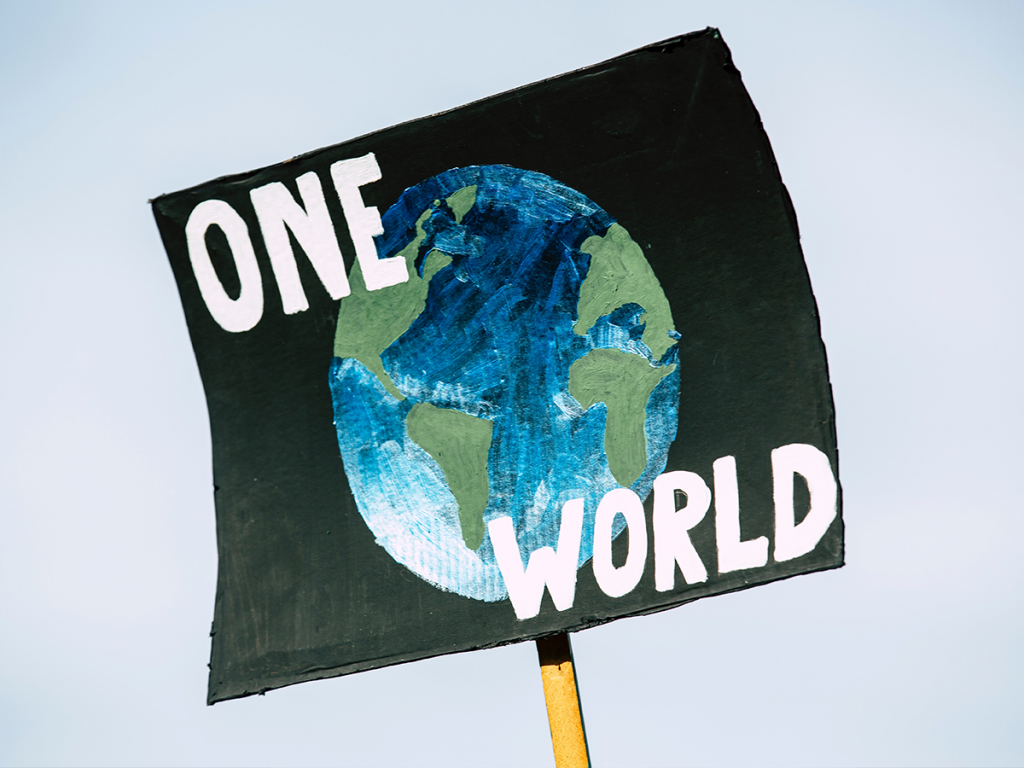Label volunteer, Alex Barada, questions the outcomes of the latest COP27 meeting between nations.
After the unfolding of COP27 last month, enough time has passed to begin reflecting on the impact of the climate change conference. Was an effective outcome reached and how will we be affected going forward?
Over 200 countries met in Egypt to reach an international agreement on how to tackle the climate problem. After weeks of discussion and conferences running overnight several times, a consensus was at last reached in the form of the ‘Loss and Damage Fund’. Due to predictions that the negative effects of climate change (such as severe drought) will have a more severe impact on poorer nations, the pledge is to ensure that wealthier nations donate money to less economically developed countries so that they are better able to deal with the upcoming crisis. This was in some sense a historic event, seeing the plan officially codified into UN documentation, but whether the strategy is effective remains to be seen.
After the unfolding of COP27 last month, enough time has passed to begin reflecting on the impact of the climate change conference. Was an effective outcome reached and how will we be affected going forward?
Despite an agreement being reached, what was majorly lacking in the Loss and Damage Fund was clarity on which countries would be financing the project. The lack of a clear consensus means that it is harder for nations to cooperate as they may be more driven to boost their economy rather than tackling the issue at hand.
There has been a long history of ineffective climate agreements. The fact that this is the 27th, and little progress has been made towards introducing a plan for the issue, should give an idea of the difficulty of international negotiation. There was also little specificity in the documentation on how the climate issues would be addressed, such as the need to reduce carbon dioxide emissions. Many countries, including the largest global carbon-emitting nations (e.g. China), are making little headway or commitment towards the goal. A study found that only 17 out of the 150 countries that participated in the Paris Agreement in 2015 went as far as to pass laws to reach the agreed targets, and little progress has been made since then. A major failure of the climate agreements is the inability to prioritise goals, with there always being too many targets to reach and a lack of an order of urgency and importance as to which to tackle first. Without this, there is no aim as how to begin tackling the problem at local levels first, and countries seem to brush off any responsibility.
There comes a point where the climate change agreements begin to seem like mere formalities to appear as if action is taking place rather than showing concerned ambition to solve a potentially catastrophic issue. The failure to tackle the problem also has led to the development of poorly thought-out attempts to make up for the lack of progress. For example, the aim of eliminating fossil fuel use within the next few decades although renewable energy sources (such as wind and solar) are not sufficient to suit our energy needs and demand far more land space. In addition, there is the overly ambitious target in the US to make half of cars electric or non-carbon-emitting by 2030, not taking into account the financial difficulties that would be created for many people and the millions of petrol cars currently in circulation.
Far-fetched objectives, along with poor strategic management, have led to indecision and political posturing. We are already suffering from the consequences of an energy crisis, and the sudden rush towards renewables will put even further strain on populations, particularly the working and middle class. The rush to respond to climate change will take away attention from tackling equally important issues, such as global hunger, and the poorest will be most affected as a consequence. The only viable solution seems to be to making a structured, coherent plan for tackling climate change, while ensuring the cooperation of the world’s most powerful, carbon-emitting nations. There will need to be a focus on prioritised, actionable objectives, while also giving equal weight to other significant environmental challenges today so they don’t go ignored.
Edited By: Zoe Powell (News and Politics Editor)
Design By: Meg Crowther


